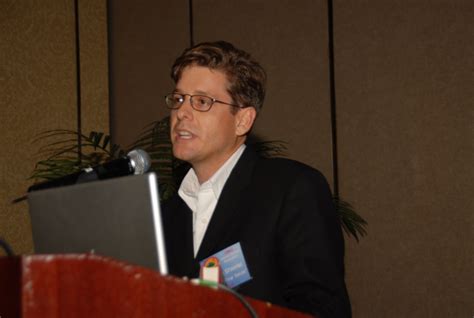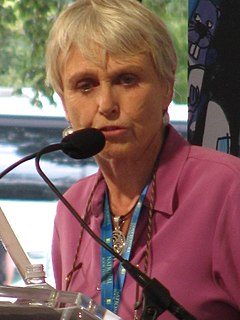A Quote by Jim Sheeler
The medals no-one will ever wear should be the ones that reflect the most. It's not an ending, it's not a period at the end of their lives, it's a semicolon. The story will continue to be told.
Related Quotes
It is almost always a greater pleasure to come across a semicolon than a period. The period tells you that that is that; if you didn't get all the meaning you wanted or expected, anyway you got all the writer intended to parcel out and now you have to move along. But with a semicolon there you get a pleasant little feeling of expectancy; there is more to come; read on; it will get clearer.
Instead he thinks up the worst ending imaginable: Hemingway has Catherine die from hemorrhaging after their child is stillborn. It is the most torturous ending I have ever experienced and probably will ever experience in literature, movies, or even television. I am crying so hard at the end, partly for the characters, yes, but also because Nikki actually teaches this book to children. I cannot imagine why anyone would want to expose impressionable teenagers to such a horrible ending. Why not just tell high school students that their struggle to improve themselves is all for nothing?
I would like to believe this is a story I’m telling. I need to believe it. I must believe it. Those who can believe that such stories are only stories have a better chance. If it’s a story I’m telling, then I have control over the ending. Then there will be an ending, to the story, and real life will come after it. I can pick up where I left off.
If you want to know who you are, look into the true mirror. The flower will reflect your beauty. The sky will reflect your vastness. The ocean will reflect your depth. The child will reflect your innocence. But if you look into the mirror that is unconscious humanity, you are looking into the wrong mirror. Your reflection will be distorted by their projections.
Too many writers think that all you need to do is write well-but that's only part of what a good book is. Above all, a good book tells a good story. Focus on the story first. Ask yourself, 'Will other people find this story so interesting that they will tell others about it?' Remember: A bestselling book usually follows a simple rule, 'It's a wonderful story, wonderfully told'; not, 'It's a wonderfully told story.'
For ever and ever, we say when we are young, or in our prayers. Twice, we say it. Old One, do we not? For ever and ever ... so that a thing may be for ever, a life or a love or a quest, and yet begin again, and be for ever just as before. And any ending that may seem to come is not truly an ending, but an illusion. For Time does not die, Time has neither beginning nor end, and so nothing can end or die that has once had a place in Time.


































